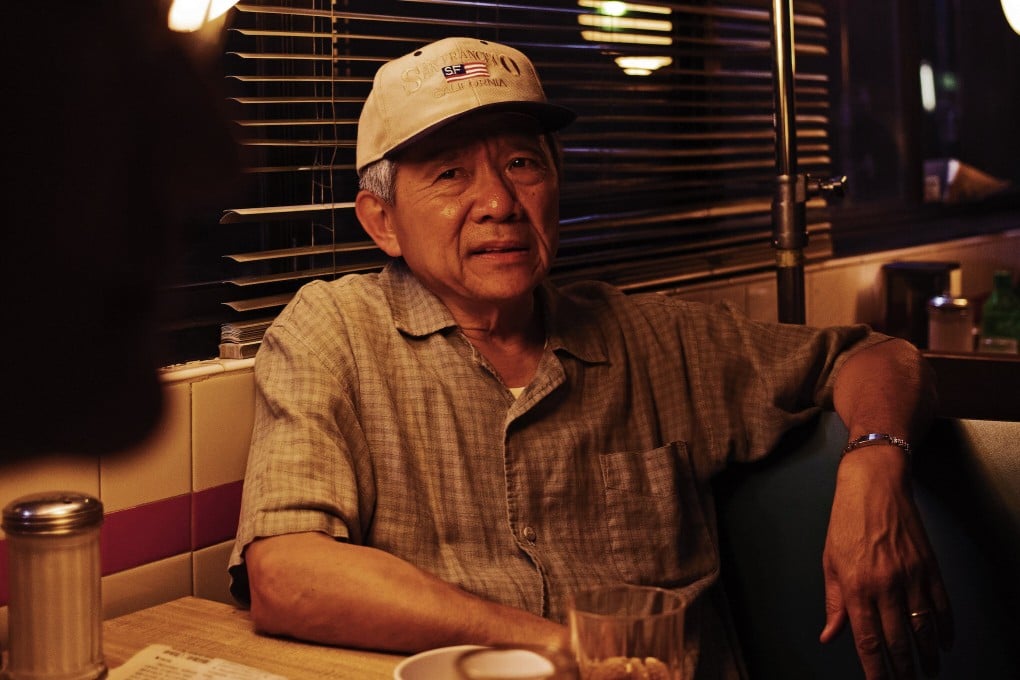The promise of a new life in America for Chinese children explored in short film Magic Kingdom
- Magic Kingdom recalls how parents from Hong Kong, Taiwan, and China used dreams of going to Disneyland to convince their children to start a new life in the US
- Set in the lead-up to Hong Kong’s return to Chinese sovereignty in 1997, it asks if the grass is really greener on the other side, says its director Nelson Ng

A snow globe shaped like an ambulance siren encasing a glass Statue of Liberty and the Empire State Building stands starkly against a blurred background of red flowers. Alarm bells sound as the image slowly turns into that of a forlorn, bespectacled man wearing a crestfallen expression.
The scene, a metaphor for the pitfalls of pursuing the American dream, captures the essence of the short film Magic Kingdom, directed by Hong Kong filmmaker Nelson Ng Chak-hei and co-written by Nicholas Shay.
Magic Kingdom was conceived in 2017 and 2018, long before political upheaval in Hong Kong and a pandemic took over the news cycle. The short film will be screened at the Sydney World Film Festival (April 14–24) and the 13th Hong Kong Independent Film Festival in May.
Its context is Hong Kong’s impending return to Chinese sovereignty in 1997, and the film’s lead character is Kit, who takes his young son Chun to the United States with the promise that they will visit Disneyland. Chun soon discovers the real intention of their trip is to have him adopted by his uncle and make the US his permanent home.

The story was inspired by a friend of Ng’s who emigrated to the US in childhood, under the same pretence of visiting Disneyland. This turns out to be a common occurrence – she encounters others from Hong Kong, Taiwan, and mainland China who moved to the US in similar fashion, their parents luring them there with promises of a visit to Disneyland – the “Magic Kingdom” of the title.
“We found it interesting because it was an allusion to the American dream,” says Ng. “In ’97 the situation was similar to today, with many people wanting to, or thinking about, leaving Hong Kong. [But] sometimes, the grass might not be greener on the other side.”